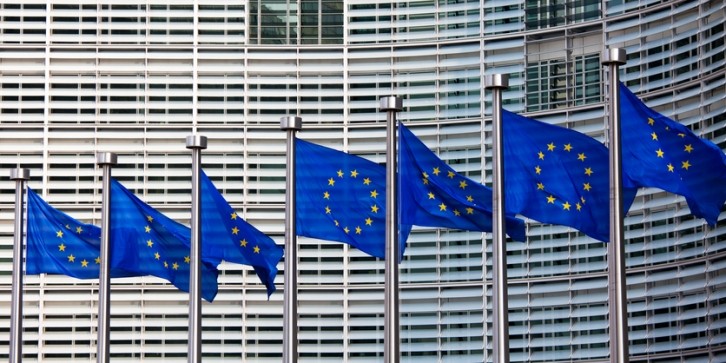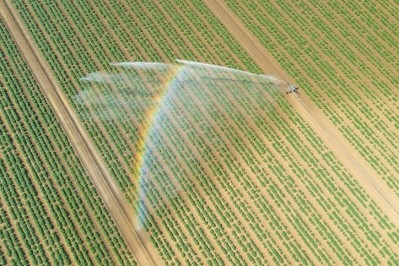EU Parliament adopts law to restore 20% of EU’s land and sea

In a plenary vote today on the NRL, 329 members of the European Parliament (MEPs) voted in favor, while 275 opposed, with 24 abstentions.
The vote followed weeks of farmer protests throughout Europe, with those taking a violent turn in Brussels on Monday.
Opposition to the NRL from the center-right European People’s Party (EPP) has been notable.
Reacting to the vote, the EU farming lobby, Copa and Cogeca, expressed support for nature restoration in principle but criticized the law's construction and rapid passage. Those groups argue that the regulation, in its current form, is unacceptable, asserting potential serious repercussions for farming and forestry communities in Europe. Key concerns revolve around the financing of the law and the support provided to land managers and owners for implementing long-term changes with short-term resources.
But a coalition of environmental NGOs consisting of BirdLife Europe, ClientEarth, EEB, and WWF EU, expressed relief that "MEPs listened to facts and science, and did not give in to populism and fearmongering."
César Luena, the rapporteur, emphasized that the regulation strikes a balance, aiming to restore degraded ecosystems while maintaining flexibility for member states, particularly in consideration of the agricultural sector. The law includes an emergency brake, allowing for the suspension of agricultural ecosystem targets under exceptional circumstances, should they pose a significant threat to the land required for adequate food production for EU consumption.
Virginijus Sinkevičius, commissioner for the environment, oceans and fisheries, welcomed today's result:
I am thankful to all those who defended the Nature Restoration Law today!
— Virginijus Sinkevičius (@VSinkevicius) February 27, 2024
Why it’s crucial:
To keep our soils & lands productive & safeguard our farmers’ future
To tackle biodiversity crisis & meet our climate targets
To preserve our economic basis for many of our industries pic.twitter.com/wWQqv4FbsS
Enhancing biodiversity
To reach the overall EU targets, member states must restore at least 30% of habitats covered by the new law from a poor to a good condition by 2030, increasing to 60% by 2040, and 90% by 2050.
Restoration of wetlands, rivers, forests, grasslands, marine ecosystems, and their resident species is seen as a means to enhance biodiversity, secure essential ecosystem services, and mitigate the impacts of global warming.
Originating from a proposal by the EU Commission in June 2022, the regulation is designed to counteract environmental degradation caused by human activities and climate change; it is meant to align with the broader goals of the EU, encompassing climate and biodiversity objectives. The law gained increased traction following the landmark biodiversity deal signed at COP15 in December.
The NRL would also bolster the EU's capacity to meet international commitments such as the UN Kunming-Montreal Global Biodiversity framework.
And, according to the Commission, the new law would generate economic benefits, with the executive claiming every €1 invested would result in at least €8 in returns.
Next steps
Before the NRL becomes law, it must be adopted by the Council, followed by publication in the EU Official Journal, with it then taking effect 20 days later.








